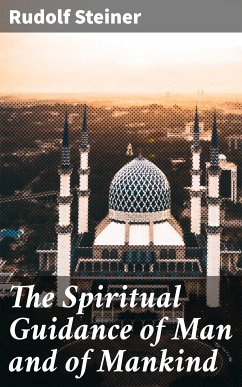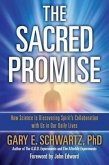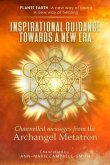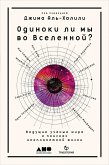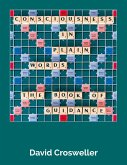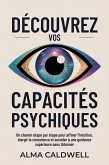In "The Spiritual Guidance of Man and of Mankind," Rudolf Steiner explores the intricate relationship between humanity and the spiritual realms that influence human development. Through a series of thought-provoking essays, Steiner articulates his unique perspective on anthroposophy, integrating philosophical inquiry with spiritual insights. The book is characterized by its lyrical prose and deep meditative quality, which invites readers to reflect on their own spiritual journeys. Steiner's approach intersects with early 20th-century metaphysical movements, offering a synthesis of spirituality, science, and psychology that challenges contemporary materialist views. Rudolf Steiner, an Austrian philosopher and social reformer, founded the anthroposophical movement and promoted holistic education, biodynamic agriculture, and alternative medicine. His life experiences, including his background in natural sciences and philosophy, fueled his quest to understand the spiritual dimensions of human existence. With a profound commitment to revealing the spiritual underpinnings of life, Steiner wrote this seminal work to guide individuals toward higher consciousness and self-awareness. For readers intrigued by the intersection of spirituality and human development, "The Spiritual Guidance of Man and of Mankind" is a vital resource. Steiner's insights can enrich one's understanding of personal and collective evolution, making this book an essential companion for anyone seeking deeper meaning in the complexities of the human condition. In this enriched edition, we have carefully created added value for your reading experience: - A succinct Introduction situates the work's timeless appeal and themes. - The Synopsis outlines the central plot, highlighting key developments without spoiling critical twists. - A detailed Historical Context immerses you in the era's events and influences that shaped the writing. - A thorough Analysis dissects symbols, motifs, and character arcs to unearth underlying meanings. - Reflection questions prompt you to engage personally with the work's messages, connecting them to modern life. - Hand-picked Memorable Quotes shine a spotlight on moments of literary brilliance. - Interactive footnotes clarify unusual references, historical allusions, and archaic phrases for an effortless, more informed read.
Dieser Download kann aus rechtlichen Gründen nur mit Rechnungsadresse in A, B, BG, CY, CZ, D, DK, EW, FIN, F, GR, H, IRL, I, LT, L, LR, M, NL, PL, P, R, S, SLO, SK ausgeliefert werden.

